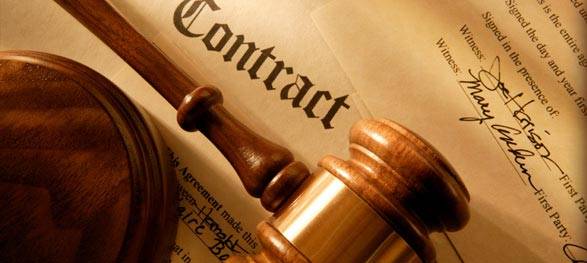1.) If I’m stopped by the police, should I answer any questions regarding drinking?
Citizens are not required to answer questions that are designed to be incriminating. In a police encounter, a simple request to speak to your attorney before answering questions, would be an appropriate response. However, informing the officer that you had one or two beers should not be harmful since it usually would not cause a person to be impaired. This response may explain away the odor of alcohol on a driver’s breath.
2.) What do police officers look for when trying to find drunk drivers on the roadway?
The following list of clues indicate what police look for when trying to establish whether the driver being observed is impaired. The higher the clue is on the list, the higher the probability of impairment. The list is based on research by the National Highway Traffic Administration:
-
- Turning with a wide radius
- Straddling center of lane marker
- “Appearing to be drunk”
- Almost striking object or vehicle
- Weaving
- Driving on other than designated highway
- Swerving
- Speed more than 10 mph below limit
- Stopping without reason in traffic lane
- Following too closely
- Drifting
- Tires on center or lane marker
- Braking erratically
- Driving into opposing or crossing traffic
- Signaling inconsistent with driving actions
- Slow response to traffic signals
- Stopping inappropriately
- Turning abruptly or illegally
- Accelerating or decelerating rapidly
- Driving with headlights off
Surprisingly, speeding is not a clue of insobriety. This is because studies show that a person who speeds often exhibits signs of heightened awareness in the form of quicker judgment and reflexes.
3.) What signs of insobriety do police look for after stopping a citizen on the roadside?
The most common symptoms of impairment taught at police training classes are:
-
- Flushed face
- Red, watery, glassy or bloodshot eyes
- Odor of alcohol on breath
- Slurred Speech
- Fumbling with wallet while trying to get license
- Failure to comprehend officer’s questions
- Unsteady of feet while exiting vehicle
- Swaying while standing
- Leaning on car for support
- Being combative, argumentative or jovial while talking with officer
- Disheveled clothing
- Lack of awareness in regards to time and place
- Unable to follow police instructions.
4.) What should I do if the police ask me to take field sobriety tests?
Understand that the police want you to help them make their case against you stronger. By performing field tests, you are simply helping the police manufacture evidence against you. Be aware that they fully intend on using this evidence against you in court . Therefore, taking an eye test, balancing test, or any other evaluation on the street is usually not a good idea. Most experts agree that police officers are not well trained enough to accurately interpret the symptoms observed while administering these street evaluations. This doesn’t mean that you need to be rude or nasty to an officer if he asks you to do a field sobriety test. Instead, its a good idea to ” respectfully decline” all tests on the roadside. Therefore, calling our office immediately after your arrest is important! If you have been arrested for an OVI/DUI, contact us now!





